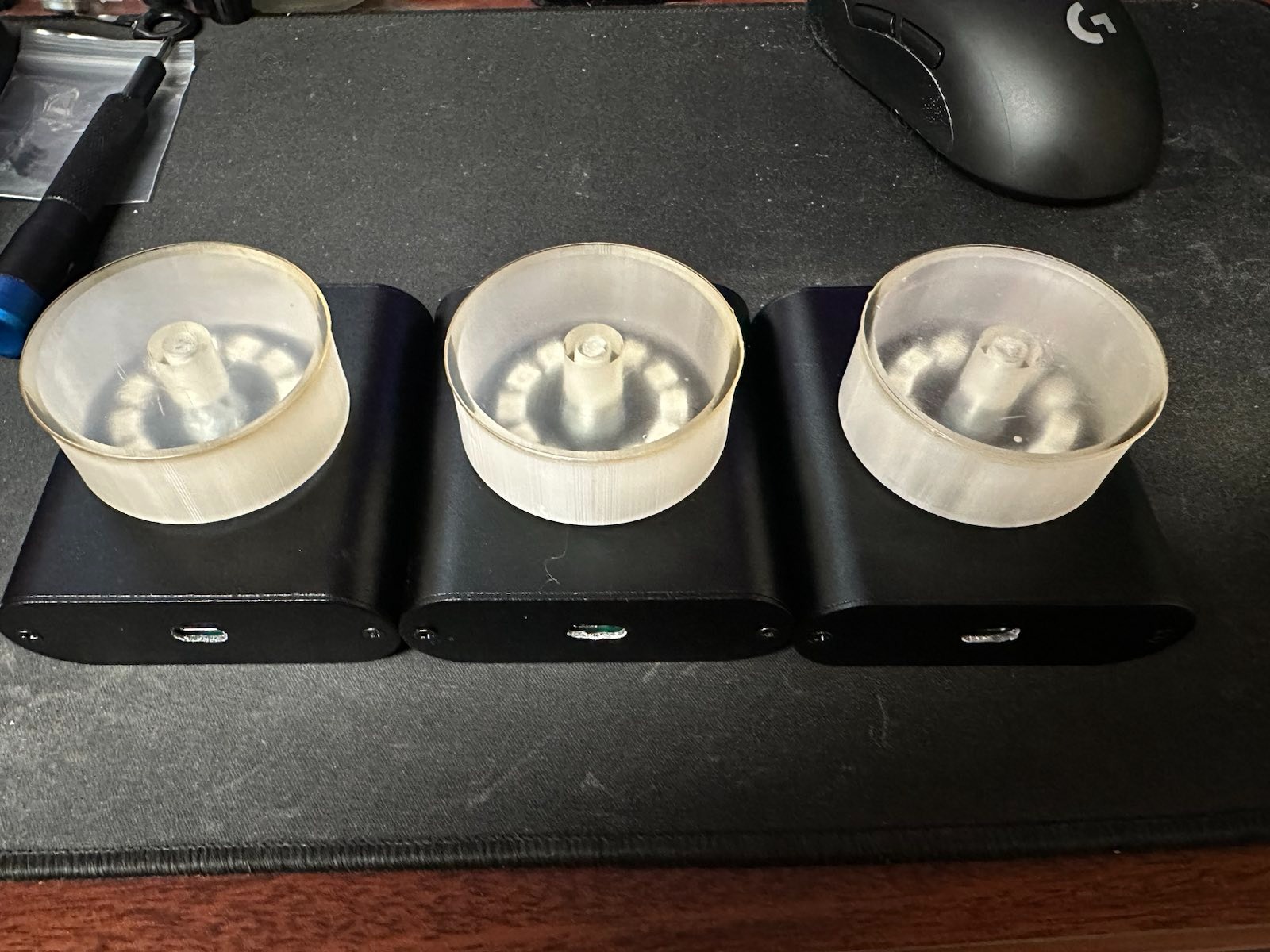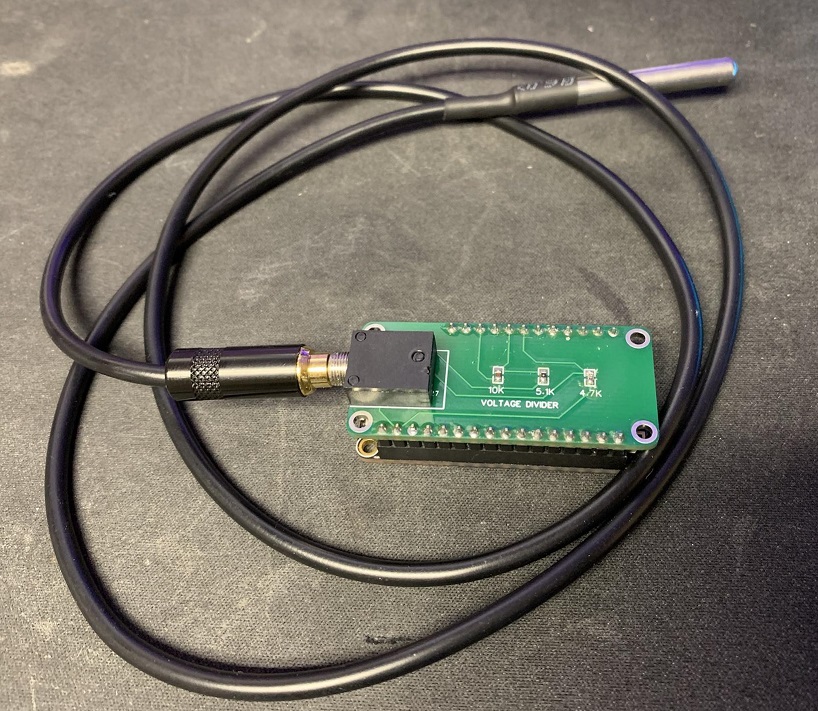Kioptrix 4
I know there are a few different methods to the new Kioptrix 4 boot2root. Unfortunately, I could not find the remote root exploit that is mentioned, but my method used several tools, and privilege escalation.
Tools used:
Backtrack 5 VM Nmap SqlMap To start out, I had to find the machine on the network. I booted up my Backtrack VM and Kioptrix VM both using a NAT connection in my VMWare.






